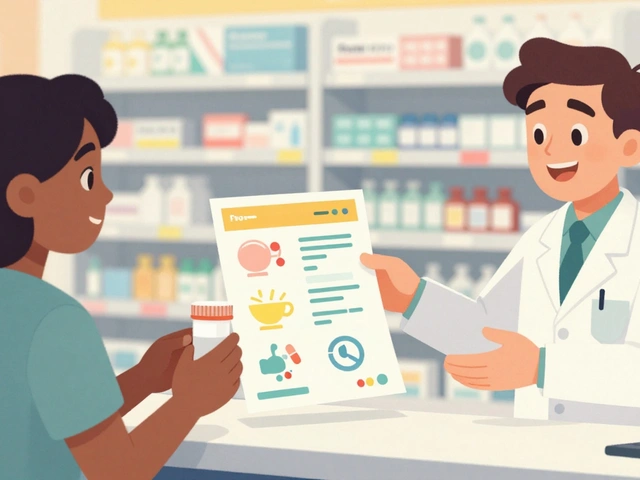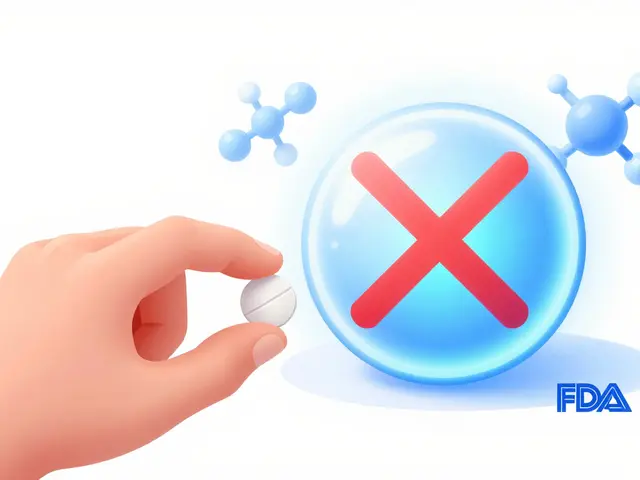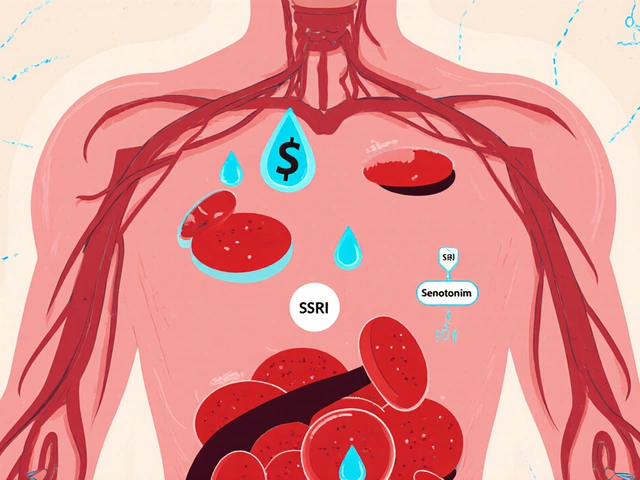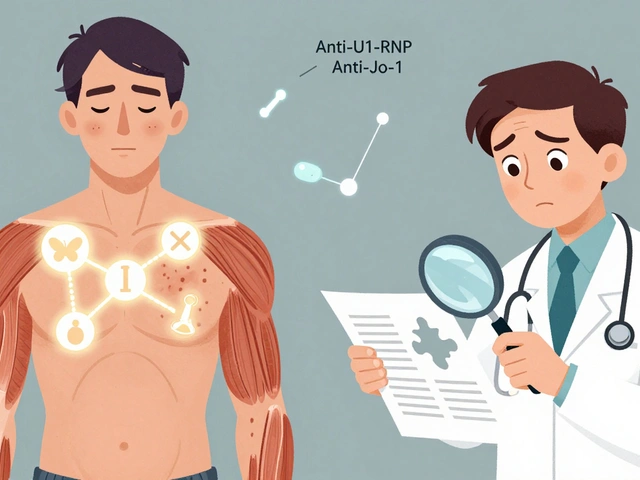Tolterodine Side Effects – Quick Facts and What to Do
If you’ve been prescribed tolterodine for an overactive bladder, you probably wonder what it might do to your body besides easing urgency. The good news is most people only feel mild effects, but it’s smart to know what to expect. Below you’ll find the most frequent symptoms, a few uncommon reactions, and clear advice on when to call your doctor.
Common Side Effects You’ll Notice
About a quarter of users report dry mouth. It feels like you’re constantly thirsty, so keep water or sugar‑free gum handy. Some people get a slight headache, usually gone after a few days. You might also feel a bit dizzy or light‑headed, especially when you first start the drug or increase the dose.
Other everyday complaints include constipation or mild stomach upset. If you’re prone to these issues, add extra fiber, stay hydrated, and move around a little each day. Most of these reactions are temporary and fade as your body adjusts.
When to Seek Medical Help
Rarely, tolterodine can cause more serious problems. A fast or irregular heartbeat, severe dizziness, or fainting should prompt a call to your doctor right away. If you notice swelling in your ankles, sudden weight gain, or trouble breathing, get medical attention fast—these could signal fluid retention or a heart issue.
Allergic reactions are uncommon but possible. Watch for rash, itching, swelling of the face or tongue, or trouble swallowing. If any of these appear, treat it as an emergency and seek help immediately.
Another red flag is urine retention—if you start having difficulty starting or finishing a pee, stop the medication and talk to your prescriber. They may lower the dose or switch you to a different drug.
Women sometimes experience urinary tract infections more often while on tolterodine. Symptoms include a burning sensation, frequent urges, or cloudy urine. If you suspect an infection, see a clinician for testing and treatment.
To keep side effects in check, take tolterodine exactly as directed—usually once daily with or without food. Don’t double up if you miss a dose; just take the next one at the scheduled time.
If you’re on other medicines, especially antihistamines, certain antidepressants, or drugs that affect heart rhythm, let your doctor know. Interactions can amplify side effects or cause new ones.
Keeping a brief journal of any new feelings can be a lifesaver. Jot down when a symptom started, its severity, and if anything made it better or worse. This record helps your healthcare provider decide whether to adjust the treatment.
In short, most people tolerate tolterodine well, and the benefits for bladder control often outweigh the mild discomforts. Stay alert, stay hydrated, and don’t hesitate to reach out if something feels off. Your health is worth the extra attention.

How to Find Overactive Bladder Support and Tolterodine Resources
Practical ways to find trusted support, save on tolterodine, manage side effects, build a care team, and use daily habits that actually help with OAB.
View More




